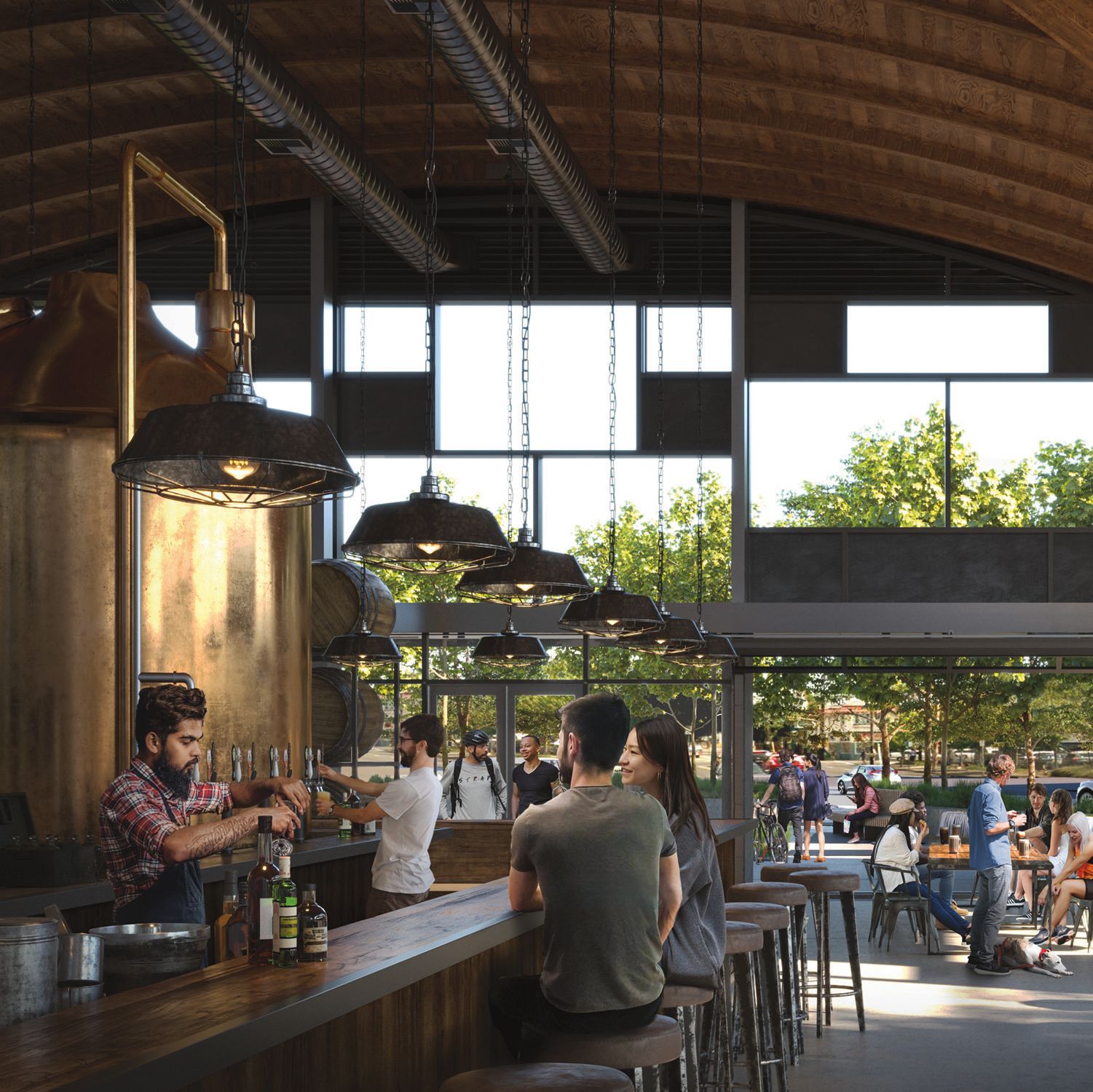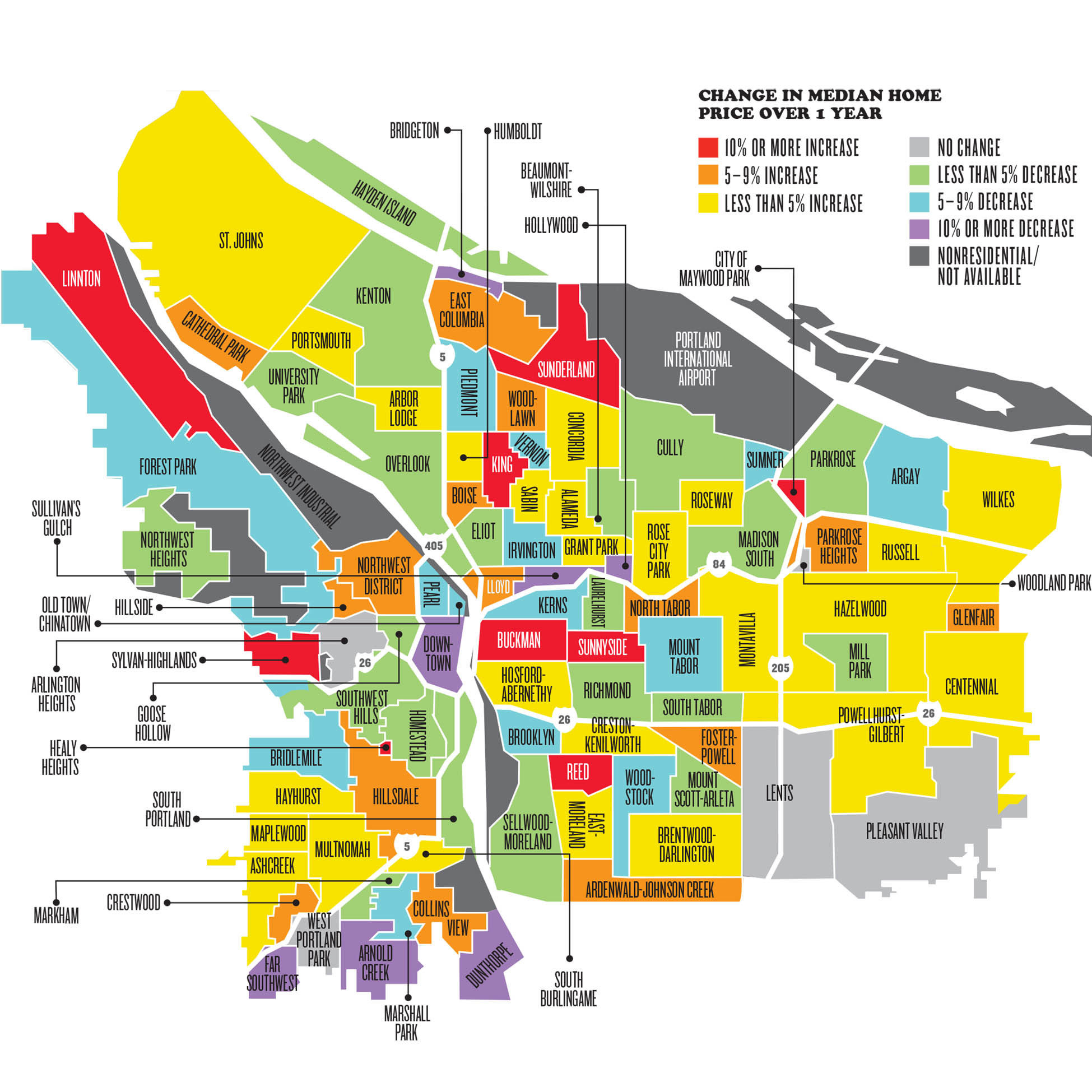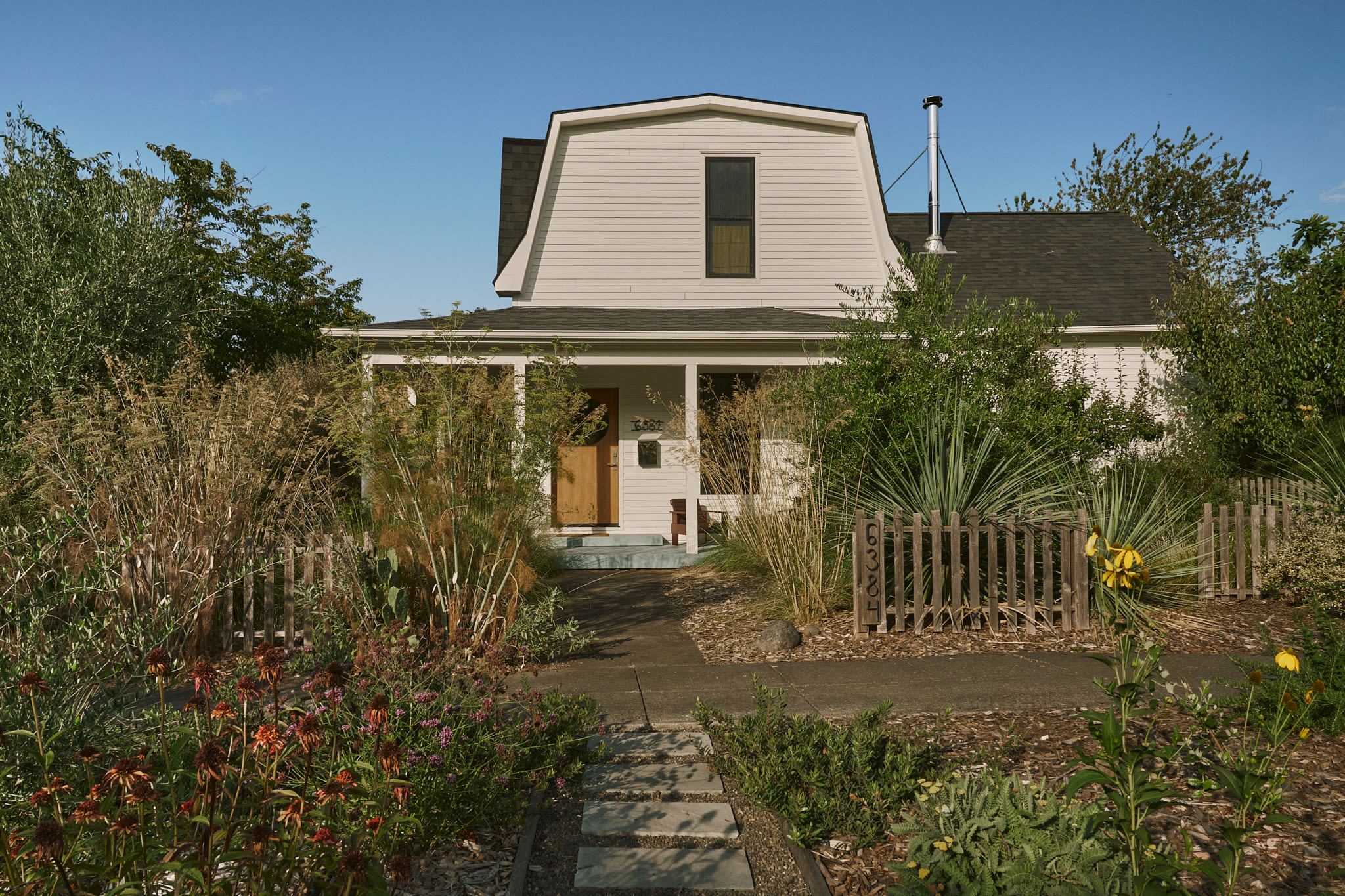Have a House to Sell? Your Buyer Might Be a Real Estate Start-Up

If you haven’t heard of instant buying (often abbreviated as iBuying), it’s probably because we don’t live in Phoenix. That’s where, back in 2014, tech start-up Opendoor Laboratories Inc began testing a new business model: Allow homeowners to upload photos and fill out an online questionnaire about their homes, feed that into a computer armed with a proprietary algorithm, and spit out an offer, on the spot.
Image: Mike Novak
Selling a home is no one’s idea of a good time.
It requires serious sweat equity and mental calisthenics to get things in open-house-ready shape (then keep them that way) and haggle with buyers over repairs and closing costs. Plus, you better hope the sale doesn’t fall through, starting the damn cycle over again.
Cue Big Tech, always on the lookout for the next odious task that can be automated—for a price.
If you haven’t heard of instant buying (often abbreviated as iBuying), it’s probably because we don’t live in Phoenix. That’s where, back in 2014, tech start-up Opendoor Laboratories Inc began testing a new business model: Allow homeowners to upload photos and fill out an online questionnaire about their homes, feed that into a computer armed with a proprietary algorithm, and spit out an offer, on the spot. (If accepted, a real-life human will come and evaluate the home, and the initial offer may be tweaked.) No fuss, no muss, and the whole thing can be over and done in—for real—a week.
From Phoenix, where 6 percent of transactions are now instant buys, the concept spread to cities like Las Vegas, Houston, and Dallas, known for vast tracts of suburban, cookie-cutter homes, where it’s relatively easy for a computer program to predict market value.
Portland, though, is a different beast. Our housing stock is all over the map: we’ve got turn-of-the-century foursquares and 1920s Craftsman bungalows and 1970s ranches. Around here, even in the burbs, save for a few cul-de-sac infested developments, a house isn’t likely to look like its neighbors.
And yet, in the past 18 months, iBuying companies planted their flags in the metro area, with the city acting as a test case for the rest of the region. San Francisco–based Opendoor was first, in October 2018; Seattle-based Zillow Offers followed in July. By the end of last year, 1.7 percent of all homes sold in the metro area were iBuying transactions—a small slice poised for big growth.
“We wanted to prove our concept, and tackle a really challenging market,” says Joe Denother, general manager of Opendoor in Portland. “Artificial intelligence is always learning, and is more able to predict prices.”
For Kimberlee Dean, who had a house to sell in Lents last year, Zillow Offers was a godsend. She’d been trying to find a way to sell for three years, but with four generations under one roof, including a 91-year-old father-in-law suffering from dementia, she couldn’t figure out how to have the house open and available for showing 24–7.
Selling to all-cash-offer house flippers was a no-go—she says their offers were insultingly low. She found Zillow Offers almost by accident, while browsing online, just when the company was first sticking a toe into the Portland market.
“I thought, it can’t be anything worse than anything else I’ve tried,” she says. “And they came back with a fair offer. I didn’t have to do anything.”
Within two months, Dean and her extended family were out of the home they’d lived in for 60 years, and into a new one in the quiet Central Washington burg of Ephrata.
Dean was a good candidate for Zillow because her home just needed the kind of minor repairs almost any real estate agent will suggest to a seller: a lick of paint, some staging. Homes that need major overhauls aren’t going to be candidates for iBuying, because the model relies on a quick turnaround. (Opendoor also won’t buy pre-1960 homes, and no swimming pools, and no lots larger than a half-acre.) The profit isn’t in buying low and selling high—it’s in the convenience fee paid by sellers, generally between 6 and 9 percent, on top of closing costs.
Jean Wilson, a native Oregonian who sold her Hillsboro home to Opendoor in October and decamped to Texas with her family, says the fees were a reasonable price to pay for a cross-country move that she describes as “peaceful.”
“They came out of the gate with a reasonable offer,” she says. “They came in $10,000 above what we had appraised our house to be worth. Most buyers want you to share closing costs, there are repair fees—we thought the fees were fair, based on all the burdens we were spared from.”
The company will consider homes from “Forest Grove to Sandy to Newberg” and in between, says Denother. Zillow Offers also includes Southwest Washington. In practice, though, the bulk of iBuying is concentrated in the suburbs and on the fringes of Portland.
For homebuyers, the tech-driven approach continues. Interested buyers let themselves in to Opendoor homes via an app that sends them a code allowing entry to the home; no cookie-proffering agent is there to stare you down. And when it’s time to make an offer, computers aren’t susceptible to love letters; the highest bid wins the day.
Like taxi firms that eyed Uber suspiciously back in 2009, local agents have been leery of this new model, pointing out sellers are potentially giving up thousands and thousands of dollars they could get on the open market. In the third quarter of 2018, the median sale price for an iBuying home was $393,500 in Portland, compared with $405,000 for a conventionally sold home, according to data from real estate firm RedFin.
“If speed is your no. 1 priority, and the money in your pocket is not really the object, it can be a great answer,” says Natalie Tracy, of Living Room Realty in Portland. “[But a good Realtor] can come in and streamline the process and get you every single penny out of your investment. I think they will take a certain share of the Portland market, but they aren’t for everyone. They aren’t local and invested in the community. It’s like the difference between a big-box store and a mom-and-pop shop.”
Accordingly, iBuying start-ups are making nice, partnering with brick-and-mortar real estate firms; Zillow Offers is already linked with Portland agent Jeff Knipe, whose eponymous firm has been in the region for 12 years. He says Zillow Offers, with years of eyeballs-drawing Zestimates under its belt, is also well-positioned to weather any coming market downturns, Knipe says, since it’s easy to tweak the formula to respond to changes—up the service fee, for example, or limit buying criteria.
“This is the most fun I’ve had in quite some time,” Knipe says. “It’s been fun seeing the appetite in Portland for this type of model. It’s nice to be on the forefront of change.”










